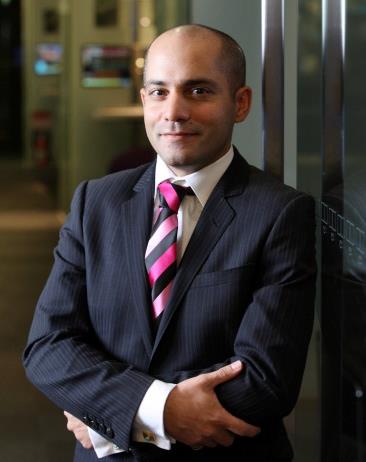Askbnef: How is Low-Carbon Policy Evolving?
In this AskBNEF session, BNEF Deputy CEO Albert Cheung will be joined by Head of Asia Pacific Ali Izadi-Nafajabadi and Head of Global Policy Victoria Cuming. On the agenda will be why most European countries and the US decreased their score this year, why most APAC markets in the G-20 performed better compared with 2023, and where policymakers across the world need to take action.
Speakers

Victoria Cuming
Head of Global Policy
BloombergNEF
As Head of Global Policy at BloombergNEF, Victoria leads the company’s cross-country policy analysis, including the international negotiations on climate change and biodiversity. Having joined the company in 2009, Victoria has written reports on a wide range of topics, including sustainable agriculture policy, climate finance, carbon markets, government responses to declining fuel tax revenue, risk-mitigation mechanisms for renewables projects, local content requirements, small modular reactors, heat decarbonization, electricity market design and the implications of Brexit. Before BNEF, Victoria spent seven years as an editor writing reports for the European Commission and Parliament in Brussels; and for an economics consultancy in Oxford. She holds two Master’s degrees from the University of Cambridge, and another Master’s from the University of Durham.

ALI IZADI-NAJAFABADI
Head of Asia-Pacific
BloombergNEF
Based in Seoul, Ali Izadi manages BloombergNEF's activities across Asia Pacific, focusing on the transition of the region's economies to a cleaner more competitive future. Prior to his current role, Ali managed BloombergNEF’s Intelligent Mobility team as well as Japan and Korea Research team. Prior to joining BloombergNEF in 2010, Ali had worked at Japan’s National Institute of Advanced Industrial Science and Technology, as well as fuel cell manufacturer, Ballard Power Systems. Ali has an undergraduate degree in Engineering Physics and a Masters in Electrical Engineering from the University of British Columbia, and a Doctorate in Materials Science from Meijo University.

Albert Cheung
Deputy CEO, Head of Global Transition Analysis
BloombergNEF
Albert Cheung serves as Deputy CEO of BloombergNEF (BNEF), a leading provider of primary research on commodities and the low-carbon transition. He also oversees BNEF’s research on the global low-carbon transition, including clean energy, transport, industry, technology, agriculture and sustainable finance, providing strategic oversight and managing the development and delivery of BNEF’s global research agenda. Albert and his team work closely with corporates, financial institutions and policymakers across the globe, supporting them as they navigate the transition towards a cleaner future.
Albert joined BNEF in 2009 and was previously Head of Energy Smart Technologies and Head of Product, before assuming his current role. Albert holds a MEng in Electrical and Information Engineering from the University of Cambridge.